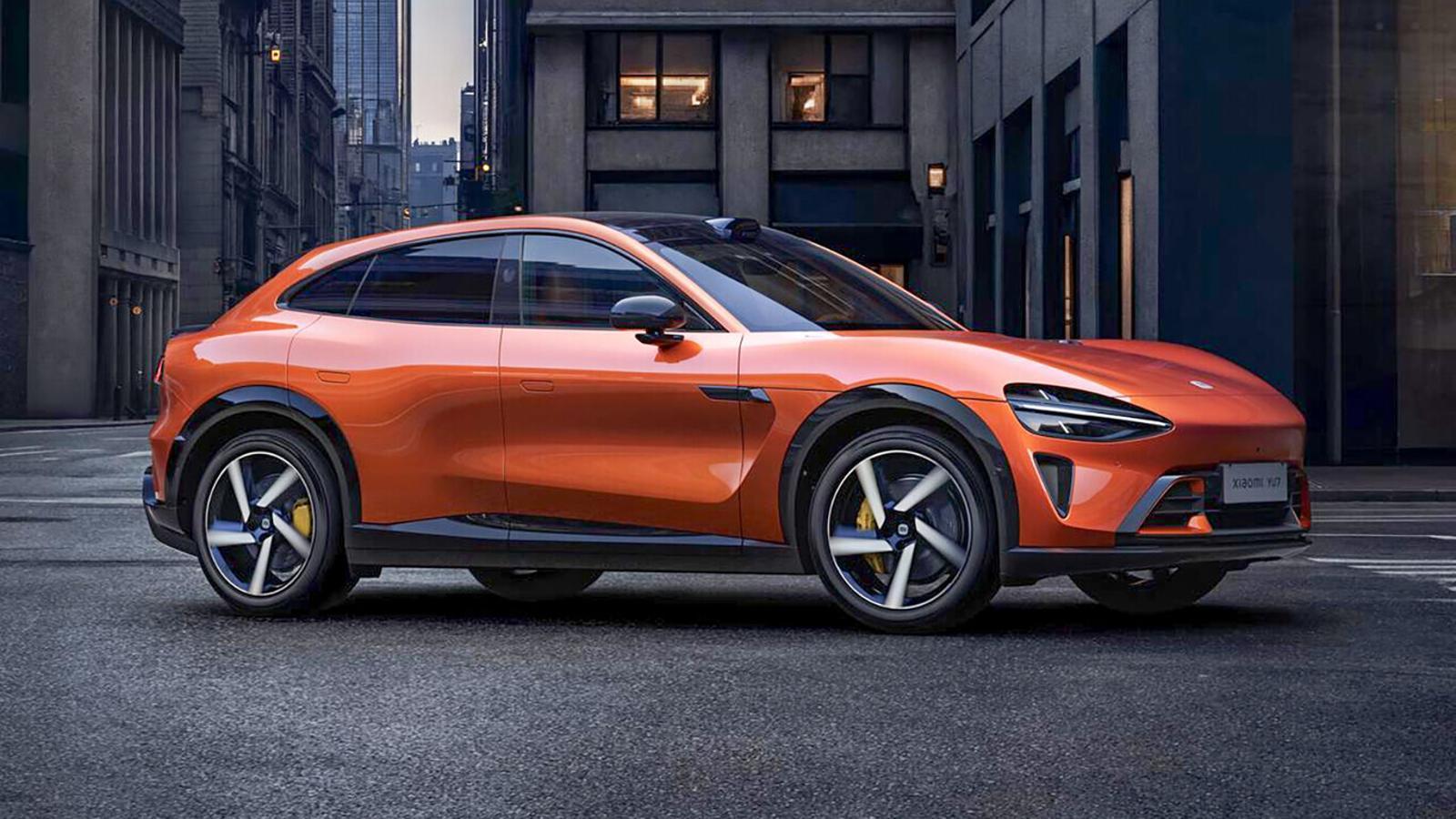Xiaomi's new electric SUV, the rival that makes Tesla tremble
The YU7 is a high-performance electric SUV with which Xiaomi wants to demonstrate its full technological potential.

The YU7 is the Xiaomi's new electric SUV, a model that leverages the platform and mechanical components of the SU7, the sedan that has managed to terrify major European and American manufacturers thanks to its extraordinary performance and its impressive performance on the old Nürburgring track, where it has managed to match and surpass the records of electric sports cars from Tesla and Porsche. In fact, the YU7 is a true sales success in China, where it sold out more than 200,000 reservations in less than three minutes, despite its price, around €35,000 at the current exchange rate for the entry-level versions of the model. Among the key factors that explain its commercial success are its interior space (with a trunk with a capacity of more than 800 liters), its technological and connectivity capabilities (it has more than 12 cameras and lidar sensors, in addition to a large central screen inside the cabin), and its excellent balance between quality, price, and power.
Xiaomi's new electric SUV, currently only on sale in China, comes in three trim levels: Standard, Pro, and Max, with single- or dual-motor configurations and outputs of 391 hp or – pay attention – 691 hp. The most powerful version, with two electric motors and 691 hp all-wheel drive, is capable of accelerating from 0 to 100 km/h in 3.23 seconds, well below the 4.3 seconds approved for the most powerful version of the Tesla Model Y, its main rival.
In addition, its 101.7 kWh battery capacity gives it a theoretical range of more than 600 kilometers in mixed use (urban and interurban), and its charging system is compatible with charging points with a capacity of up to 800 volts, reducing waiting times for charging. The most surprising thing about this electric SUV is that in the first tests approved by Chinese media on highways at a constant speed of 120 km/h and an ambient temperature of 40 degrees, which required activating the vehicle's climate control and cooling system, the YU7 exceeded 500 kilometers of range. It's worth remembering that range on highways and motorways is, so far, the biggest Achilles' heel of all electric vehicle manufacturers.
The first journalists who were able to test the YU7 in China also report that the waiting time to charge the 101.7 kWh capacity batteries of this electric SUV from 0% to 100% was just 37 minutes at a 400 kW charging point (although the model supports it). YU7 can charge up to 70% of the batteries' capacity in just 14 minutes, but from 70% charge, the system switches to safe mode until reaching 100% charge, which occurs in 23 minutes. This specificity is explained by the desire to extend the lifespan of the car's batteries as much as possible.
They will not arrive in Europe (for now)
Xiaomi's car business plan does not, for the moment, focus on Europe. The brand's CEO, Chinese Lei Jun, has already announced that "Xiaomi's priority is to meet the demand for cars in the Chinese market" before considering future European ventures. As Lei Jun has already indicated in various Chinese media, Xiaomi is now looking to "increase productivity and production capacity" before launching into the conquest of new markets. Lei Jun himself announced that both the SU7 sedan and the YU7 SUV would not arrive in Europe "before 2027."
